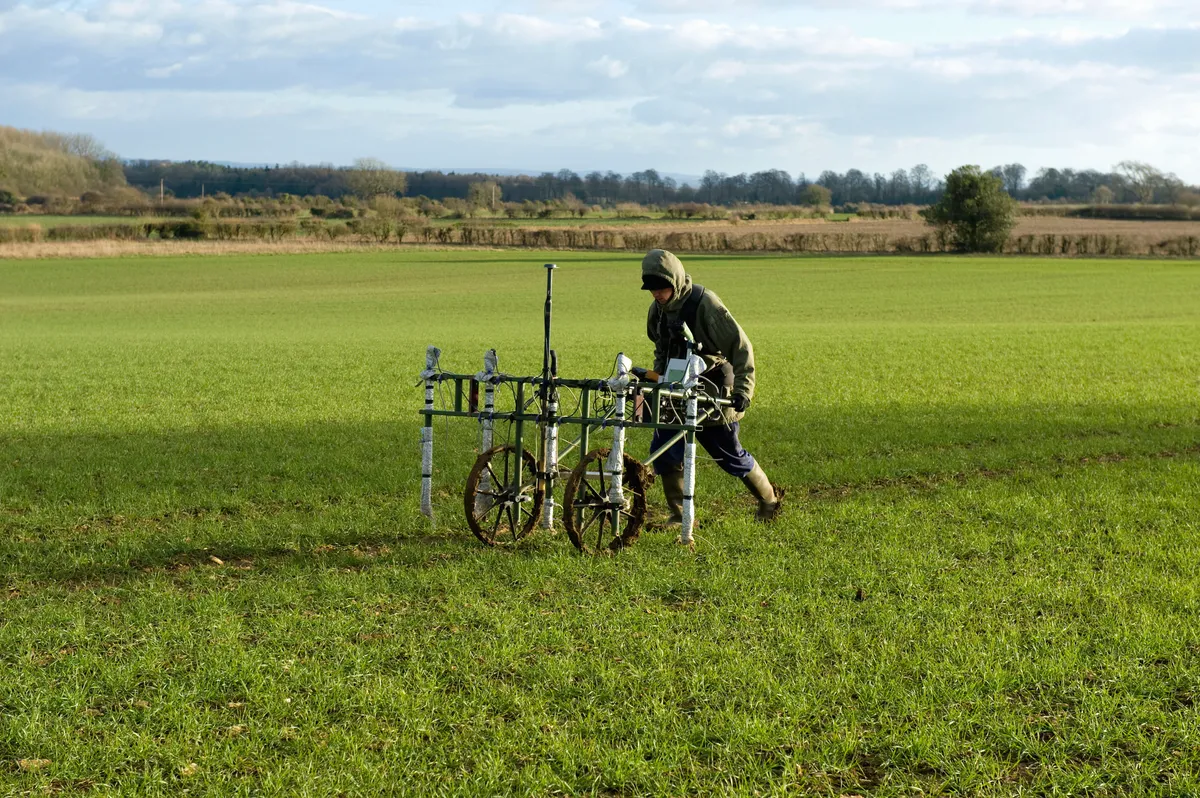This story was an April Fools joke for 2022. We hope you enjoyed it.
Contractors digging a section of HS2 outside Birmingham have discovered a series of parallel rows of monoliths running for hundreds of metres. Some archaeologists believe the stones, which are laid end-to-end, form the basis of a primitive tramway system.
“The position of these huge granite stones is unlike anything we’ve ever seen from this period,” said Professor Doug Deaper, from the South Shropshire Neolithic Institute, who led the investigation.
“At first I assumed they had fallen this way, perhaps having been originally set out in a circle as is normal for most structures and monuments for this period. But when we looked at the geophysical survey of the area, we found that the stones ran for 2km in an almost-straight line.”

Closer examination of the stones revealed groove marks where either wooden or stone wheels may have carried carts of quarried stone, wood and other vital resources between settlements. Further lab testing found traces of animal fat around the grooves, which may have been used to grease the chassis of carts.
“The HS2 archaeological excavations have already unearthed numerous remarkable finds, but this is the most astonishing of the lot,” said Rob Attar, editor of BBC History magazine. “If confirmed, this will transform our understanding of Stone Age Britain and may offer a radical new solution to the mystery of how the creators of Stonehenge transported the giant megaliths that make up the monument.”
Happy April Fools day. None of the statements in this article are true. We hope you enjoyed our fun feature!
Main image: The stones were first uncovered by contractors digging to make way for HS2./Credit: Getty

